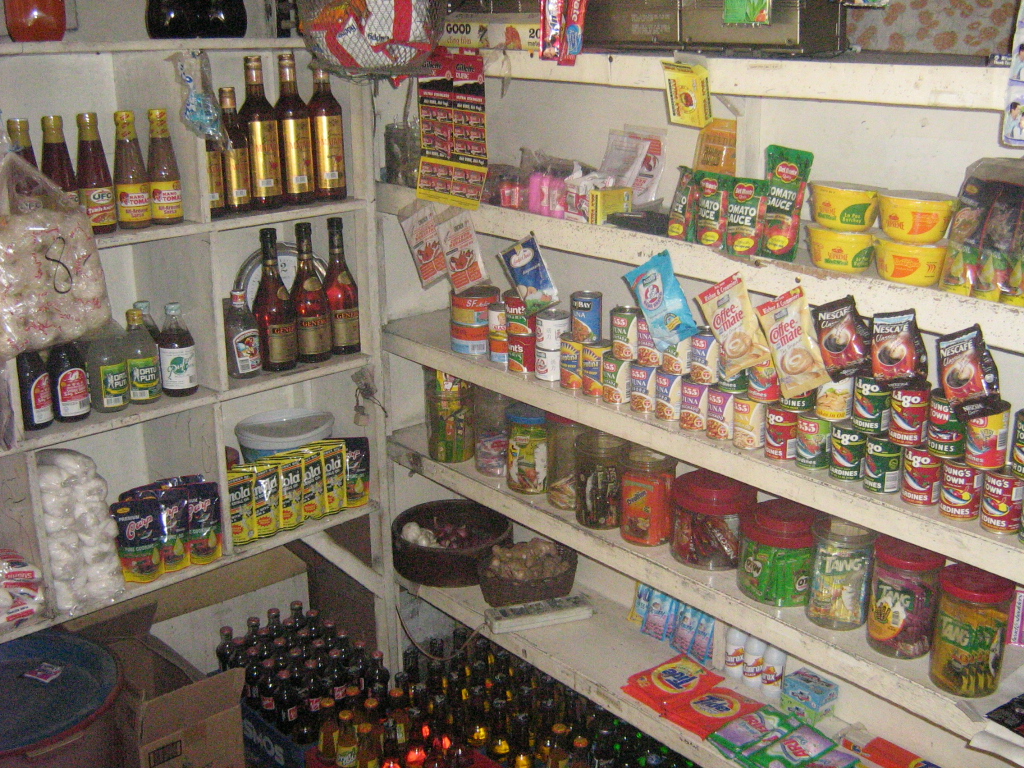
MANILA — Micro, small, and medium enterprises (MSMEs) stand to benefit from the government’s intensified efforts to ease doing business in the country, an official of the Department of Trade and Industry said.
Among the measures to fast-track the process in applying for business requirements include the streamlining and automation system of the Philippine Business Registry (PBR), and will link Department of Trade and Industry (DTI), Department of Interior and Local Government (DILG), Securities and Exchange Commission (SEC), Bureau of Internal Revenue (BIR), among other government agencies.
Aside from this, the DTI and the National Competitiveness Council (NCC) Philippines also target to start linking various government agencies in the PBR by December this year.
DTI-Bureau of Small and Medium Enterprise Development (BSMED) Director Jerry Clavesillas said the reforms do not only target the country to climb in the Doing Business report, but more importantly to make ease of doing business be felt by MSMEs.
In the Doing Business 2018 report released by the World Bank last week, the Philippines dropped in its ranking by 14 notches, from 99th to 113th.
As such, the government aims to further intensify efforts to ease doing business in the country and leapfrog in the World Bank ranking.
Lack of knowledge
Clavesillas said the top challenge for Filipinos who would like to engage into entrepreneurial activities is the lack of knowledge on how to start a business.
This challenge in starting a business is true for Marina de Jesus, owner of salon and food businesses in Bulacan.
In an interview, De Jesus said her limited knowledge in the process of starting a business is the most challenging part of establishing her own business.
She has her own staff acting as liaison to process requirements needed for the business operations.
“There’s a lot of bureaucracy. And the process is rigorous,” she added, noting that it took several days to process the requirements.
Facilitating MSMEs
Clavesillas said that Negosyo Centers are helping MSMEs to facilitate them by informing them about the process of starting a business.
Data from BSMED showed that there are 661 Negosyo Centers nationwide and these facilities helped 433,394 clients, of which majority are new business entrants.
He added that Negosyo Centers also facilitate MSMEs in complying with the government requirements.
“The ability to comply with the requirements is also a challenge for those who want to start their own business. Instead of just exempting them from those requirements, we facilitate them, because there are certain requirements, like for safety and sanitary reasons, that are really needed,” said Clavesillas.
“But for some requirements from other government agencies, we ask them that our thrust should not be to regulate but to facilitate,” Clavesillas added.
“The bottom line here is to streamline,” he said.
Fast-tracking processes
The BSMED director noted that the DTI is now focusing on streamlining requirements and processes.
In fact, during the first two months of the administration, the DTI, DILG, and Department of Information and Communications Technology (DICT) signed a joint memorandum circular on revised Business Permit and Licensing System (BPLS) Standards that streamline business permitting procedures in all cities and municipalities.
In the BPLS 2017 Customer Experience Survey for Renewal for January to February period, 71 percent of the 1,600 respondents experienced maximum of two days or less in processing business permits and licenses.
It also took a maximum of three procedures or less for 45 percent of the respondents for BPLS; 77 percent used a single unified form; and 79 percent have maximum of two signatories or less in their business permits and licenses.
Clavesillas said easing doing business in the country would promote entrepreneurial activities, while those who are already in business would be encouraged to further expand their activities.
Data from the Business Name Registration System (BNRS) showed that from January to September of this year, there was an increase of 32 percent on registration of new business names as well as renewal of business names.
Registration through BNRS tellers, or those with face-to-face transaction, dropped by 35 percent as web-based transactions surged by 343 percent while registration through PBR increased by 28 percent.
About 87 percent of online business name registration has turnaround time of 15 minutes and less, 3 percent for 16 to 30 minutes, and 10 percent for 31 to 45 minutes. (PNA)